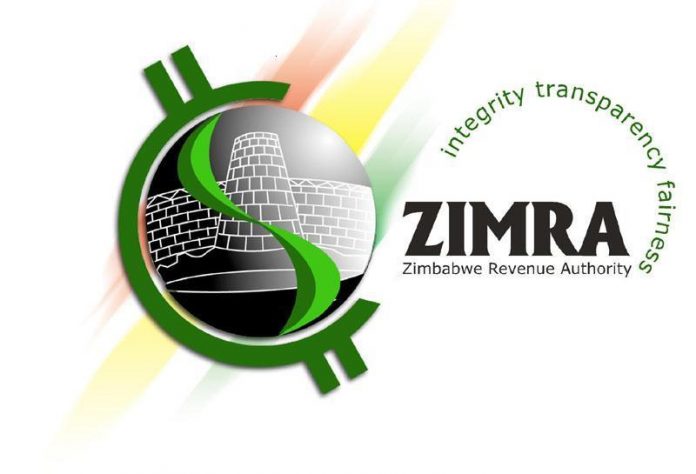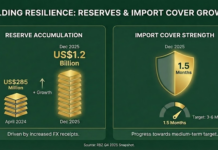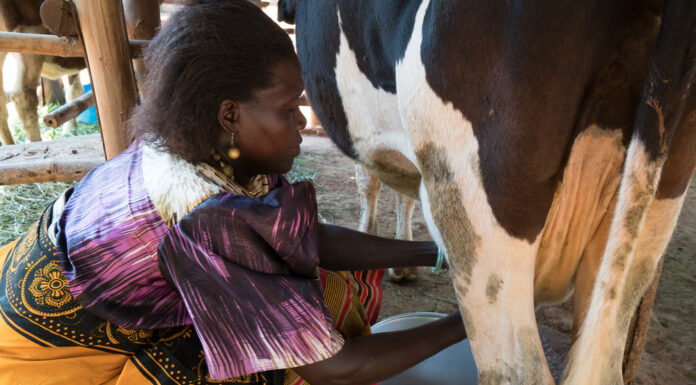Zimbabwe has a large informal sector, estimated to contribute over 60% of GDP. Due to the shortages of foreign currency and a skewed exchange rate policy in the economy, local wholesalers have been finding it more profitable and easier to deal with informal retailers where there are also lower operating costs, less stringent regulations, and faster transactions.
However, this trend has seen formal retailers suffer as there has been a shortage of supplies from wholesalers which has led to job losses and reduced tax revenue for the government, which has now intervened.
In a circular, Zimra, who are tasked with enforcing the Finance Act of 2023 announced stringent measures to informal traders.
With purchases from the same wholesaler now capped US$1000 in one month, first time buyers from the wholesalers cannot purchases items which exceed US$20
”Purchases from the same wholesaler should not exceed USD1,000.00 in a period of not less than 30days; and Produces a receipt of goods purchased from the same wholesaler that is dated no earlier than 30 days from the date of the last purchase.
” Any person who purchases for the first time from that wholesaler in any calendar year, or if the person concerned cannot produce a receipt in proof of a previous purchase from the same wholesaler, such person can only purchase goods not exceeding USD20.00 (or its equivalent in ZWL at the auction rate of exchange prevailing on the date of the purchase),” the circular read.
As per the Finance Act Regulation, blue chip beverages maker Delta in a circular said they will require a Valid ITF 263 Tax Compliance Certificate, VAT for entities above the Zimra threshold ,a Taxpayer identification number on top of the requisite liquor license.
Delta said they will be collecting a surcharge of 30% above the standard price for remittances to Zimra for any trader that cannot provide those documents for any sales exceeding US$1000 per transaction undertaken within a thirty day period.
As part of measures to protect value chain integrity in his 2024 budget, the Minister of Finance and Investment Promotion Mthuli Ncube proposed raft measures which limited informals traders from accessing the products they sell from the manufacturers, if they don’t have VAT registration.
The Finance Minister proposed in his 2024 budget statement that, with effect from January 1, 2024, only licensed and tax-compliant operators would be able to procure goods from manufacturers and wholesalers.
Farai Mutambanengwe, an economist, told FinX the measures are a wild goose chase as Zimra will struggle to enforce some of measures.
He said that the authorities should rather focus on making the formal retailers competitive first by addressing the issue of the 10% margin on the exchange rate.
”In terms of solving the problem of manufacturers selling to the informal sector I think its as simple as just fixing the issue of the exchange rate that 10% margin that retailers are allowed to charge if you remove that then the retailers will become competitive they will be more than prepared to collect VAT,”
A recent survey by the Confederation of Zimbabwe Industries (CZI) found that 70% of manufacturers are now selling to the informal sector, up from 50% in 2020.
The survey found that manufacturers are attracted to the informal sector because it is less regulated and offers higher margins than the formal sector. Informal traders are also more likely to pay cash, which is important for manufacturers who are struggling to access credit from banks.
Adding to that formal retailers may have accumulated debt with wholesalers, making them less creditworthy as result wholesalers are hesitant to extend further credit or may demand upfront payments.
The formal retailers feeling the pinch have for long complained about the unfair competition from the informal sector who can offer lower prices due to lower overheads and tax evasion.
According to Zimra the measures in the Finance Act are expected to encourage the informal traders to register with the tax authority.












